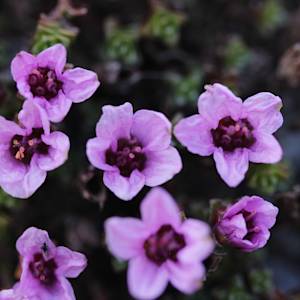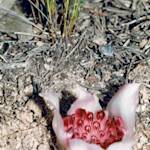Extinct in the Wild - Angel's Trumpet, Brugmansia arborea
2014 CE • Andes Mountains
"Towards evening especially, when the shades of night obscure these beauties from the eye, their delicious fragrance diffuses through the surrounding atmosphere a perfume of unequalled sweetness." - Donald McDonald, Sweet-scented flowers and fragrant leaves, interesting associations gathered from many sources, with notes on their history and utility Native to the Andes, Brugmansia arborea, known as Huanduj or Angel's Trumpet, is now extinct in the wild, yet widely cultivated for its beautiful flowers and scent. It is an important plant in traditional medicine, used to treat body pain, inflammatory conditions, infections, as well as a hallucinogen. Exactly when the plant became extinct in the wild is a source of debate, unclear because it has such a long history of cultivation due to its medicinal properties.
Algradi, Adnan Mohammed, et al. “Review on the Genus Brugmansia: Traditional Usage, Phytochemistry, Pharmacology, and Toxicity.” Journal of Ethnopharmacology, vol. 279, 28 Oct. 2021, p. 113910, www.sciencedirect.com/science/article/abs/pii/S0378874121001367, 10.1016/j.jep.2021.113910. Accessed 6 Jan. 2022.
Louis Feuillée's original illustration of Brugmansia arborea, as Stramonioides arboreum, in 1714, used by Linnaeus as the type specimen for this species.
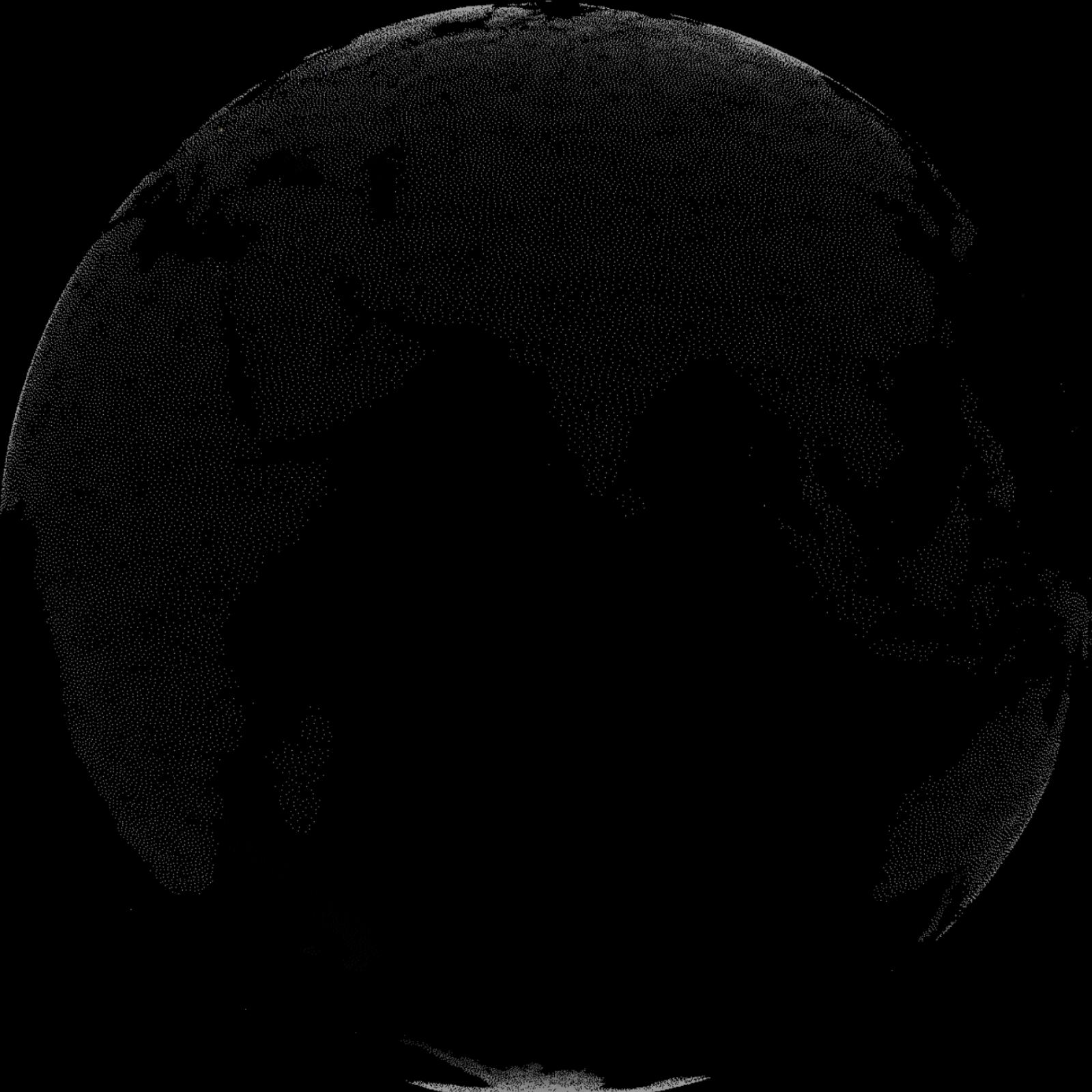

Learn about Maya Lin’s fifth and final memorial: a multi-platform science based artwork that presents an ecological history of our world - past, present, and future.
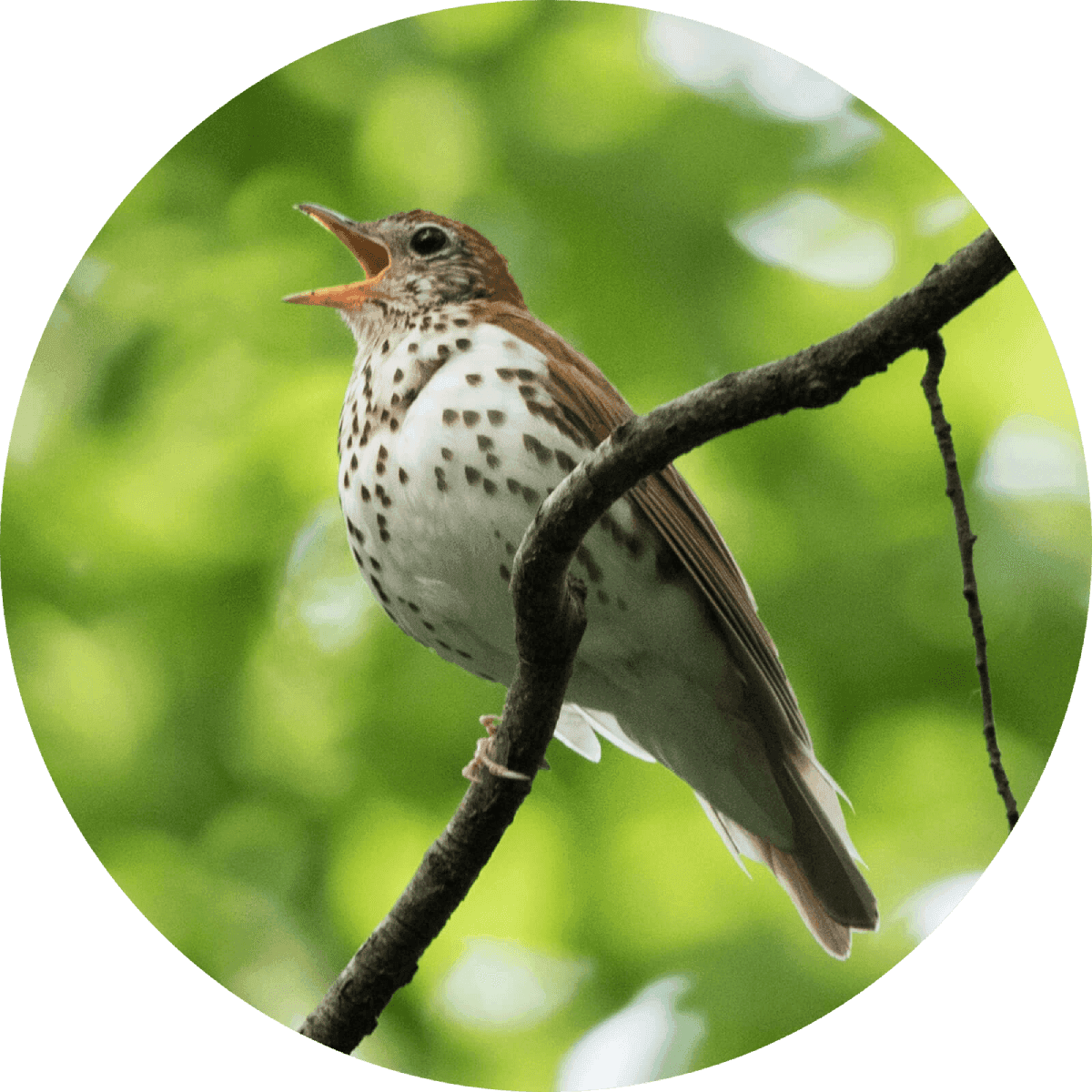
Discover ecological histories and stories of former abundance, loss, and recovery on the map of memory.
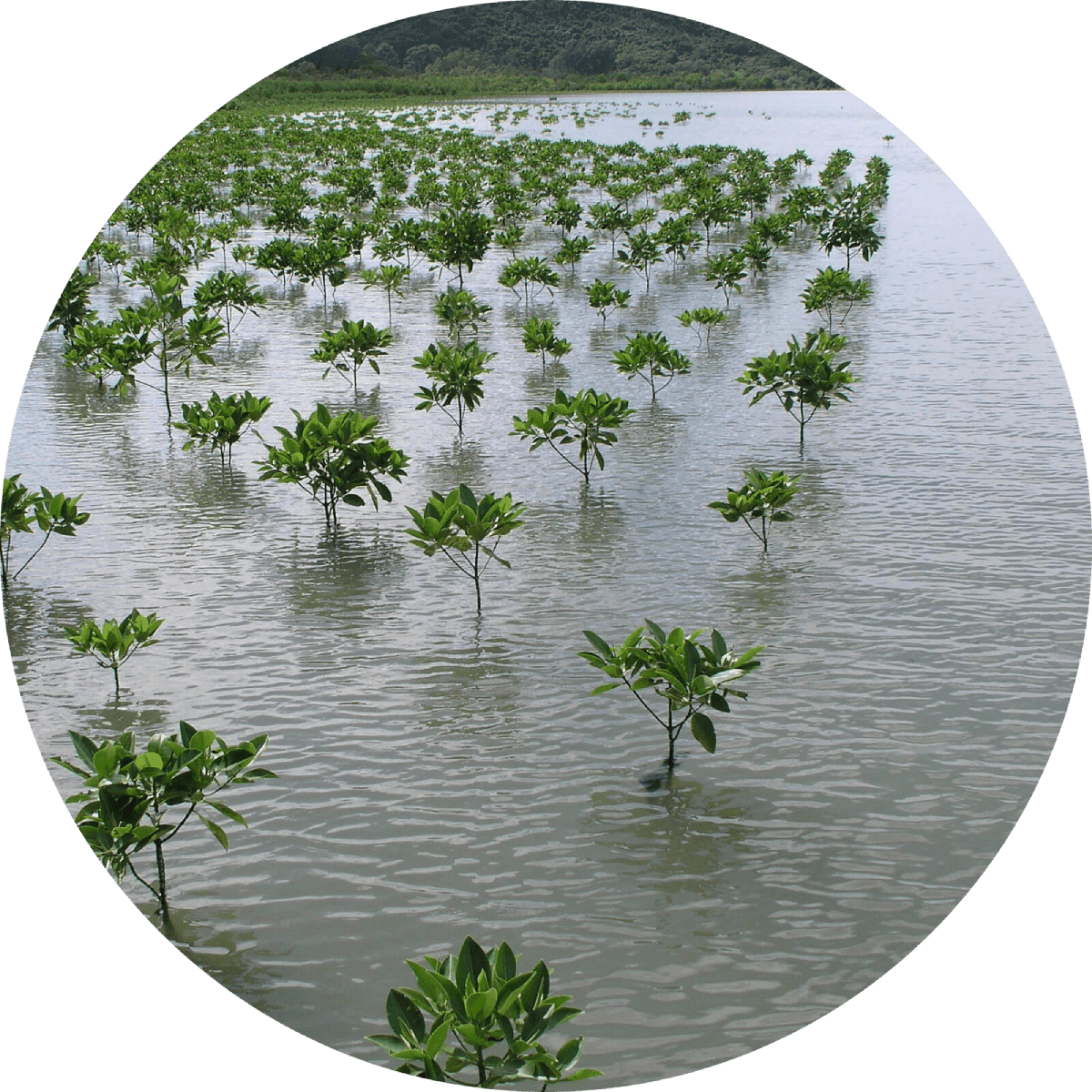
Learn how we can reduce our emissions and protect and restore species and habitats – around the world.

See how art can help us rethink the problems we face, and give us hope that each one of us can make a difference.

Help make a global memorial something personal and close to home. Share your stories of the natural world.
